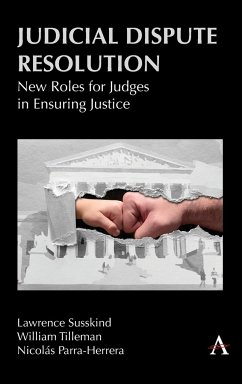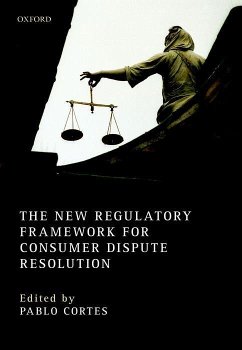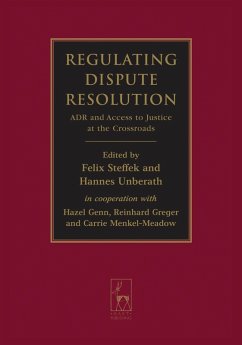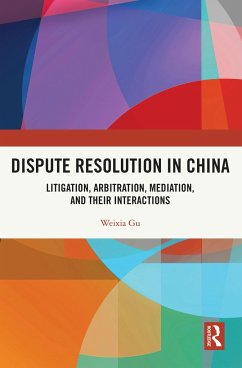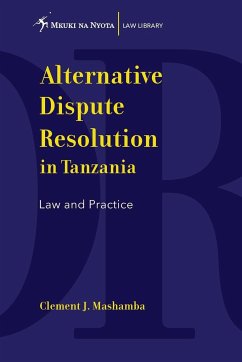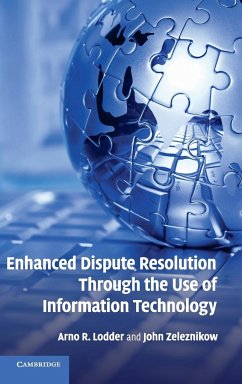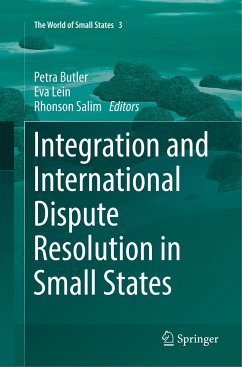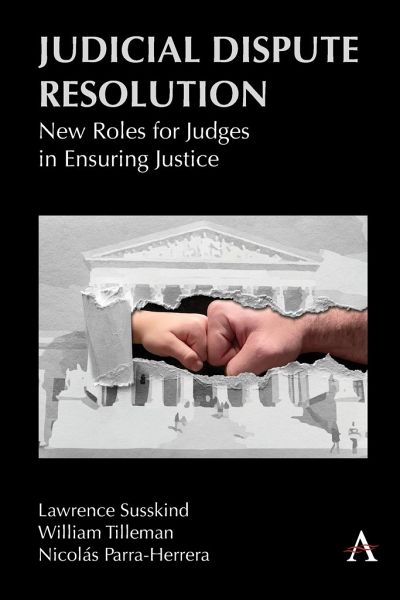
Judicial Dispute Resolution
New Roles for Judges in Ensuring Justice
Versandkostenfrei!
Versandfertig in 1-2 Wochen
35,99 €
inkl. MwSt.
Weitere Ausgaben:

PAYBACK Punkte
18 °P sammeln!
This book describes the ways in which judges, using judicial dispute resolution (JDR), have been facilitating problem-solving among litigants, and in the process ensuring more just outcomes. JDR is similar to mediation, alternative dispute resolution (ADR),as it is sometimes called, but it is provided by a judge, not a private mediator.





